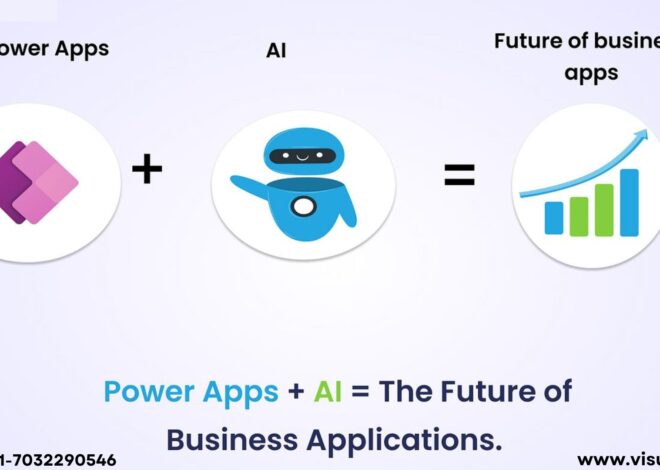
The Non-Technical Guide to Microsoft Dynamics CRM Implementation
Introduction:
Microsoft Dynamics CRM (Customer Relationship Management). While the term “implementation” might conjure images of complex coding and technical know-how, the truth is that leveraging Dynamics CRM doesn’t always require diving into lines of code. – Dynamics 365 Online Training Course
The Basics of Dynamics CRM:
Before delving into the implementation process, it’s essential to grasp the fundamentals of Microsoft Dynamics CRM. At its core, Dynamics CRM is a robust platform designed to streamline interactions with customers, automate processes, and drive business growth. It offers a range of features, including lead management, opportunity tracking, customer service automation, and analytics, all aimed at fostering stronger relationships with customers and improving operational efficiency. – Microsoft Dynamics CRM Training
Tailoring Dynamics CRM to Your Business Needs:
One of the most significant advantages of Dynamics CRM is its flexibility and scalability. Businesses can customize the platform to align with their unique processes and workflows, without the need for extensive coding expertise. Through simple configuration options and intuitive user interfaces, administrators can tailor Dynamics CRM to match their specific business requirements.
Configuring Data Models and Workflows:
Central to any CRM implementation is the organization’s data model and workflow processes. With Dynamics CRM, administrators can easily configure data fields, define relationships between entities, and establish automated workflows to streamline operations. By mapping out these processes and aligning them with business objectives, organizations can ensure a seamless flow of information and activities within the CRM system. – Dynamics CRM Online Training
Integrating Third-Party Applications:
Dynamics CRM offers a range of integration options, allowing businesses to connect with popular tools such as Microsoft Office 365, Outlook, SharePoint, and more. By seamlessly integrating these applications with Dynamics CRM, organizations can enhance productivity and collaboration across teams.
Empowering Users Through Training and Support:
While the technical aspects of implementation may be minimal, ensuring user adoption and proficiency is paramount to success. Investing in comprehensive training programs and providing ongoing support is essential for empowering users to leverage Dynamics CRM effectively. By equipping employees with the knowledge and skills they need, businesses can drive engagement, productivity, and ultimately, ROI from their CRM investment. – Dynamics 365 CRM Training Course
Embracing a Culture of Continuous Improvement:
Finally, successful CRM implementation is not a one-time event but an ongoing journey of refinement and optimization. By regularly monitoring performance metrics, gathering user feedback, and staying abreast of industry trends, organizations can continually evolve their use of Dynamics CRM to stay ahead of the competition.
Conclusion:
In conclusion, Microsoft Dynamics CRM offers a powerful suite of tools for businesses seeking to streamline operations and elevate customer experiences. While implementation may seem daunting at first glance, many of the platform’s most impactful features can be leveraged without any coding expertise.
Visualpath is the Leading and Best Institute for learning MS Dynamics CRM Online in Ameerpet, Hyderabad. We provide Microsoft Dynamics CRM Online Training Course, you will get the best course at an affordable cost.
Attend Free Demo
Call on – +91-9989971070.
Visit : https://www.visualpath.in/microsoft-dynamics-crm-training.html



